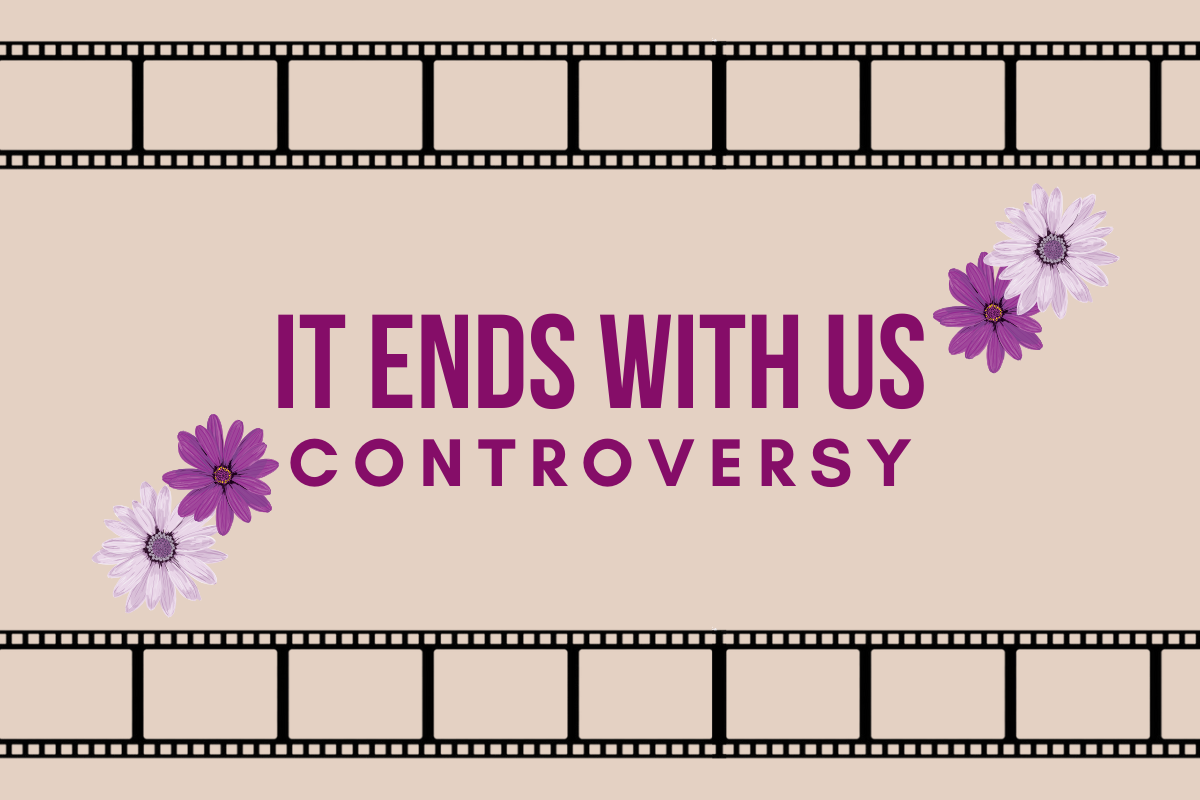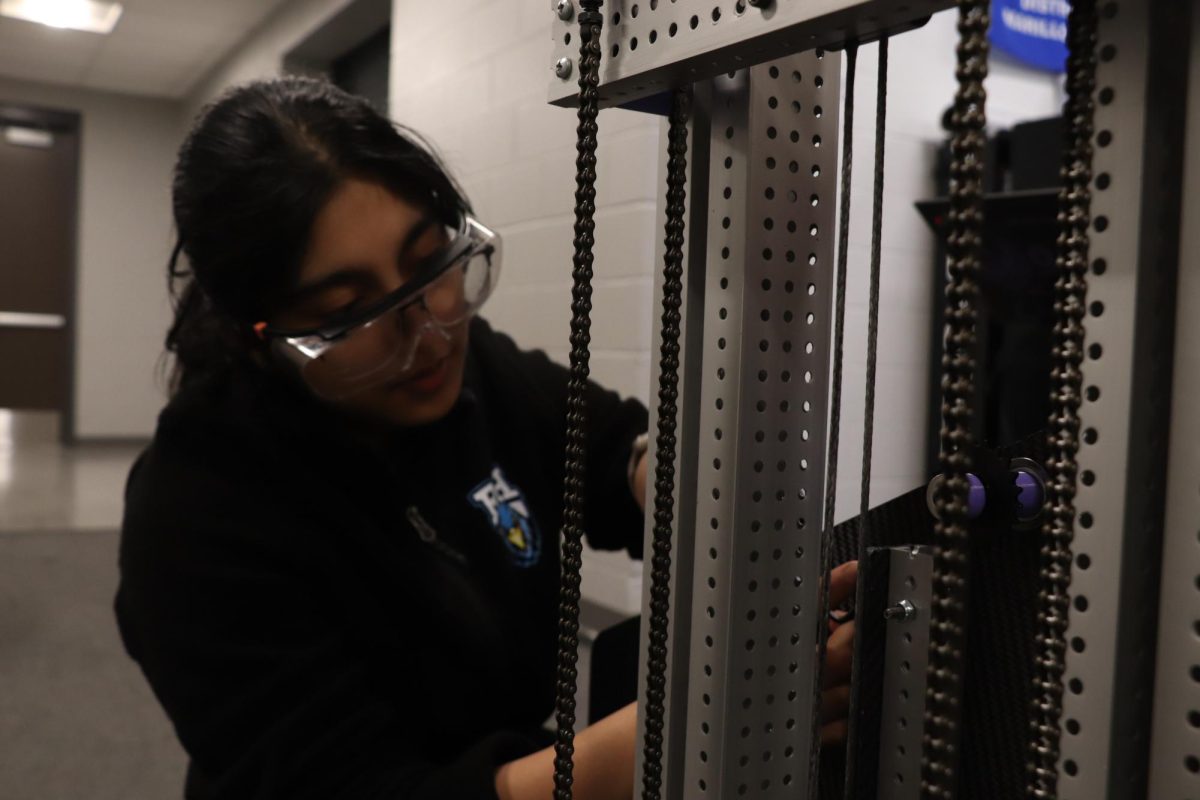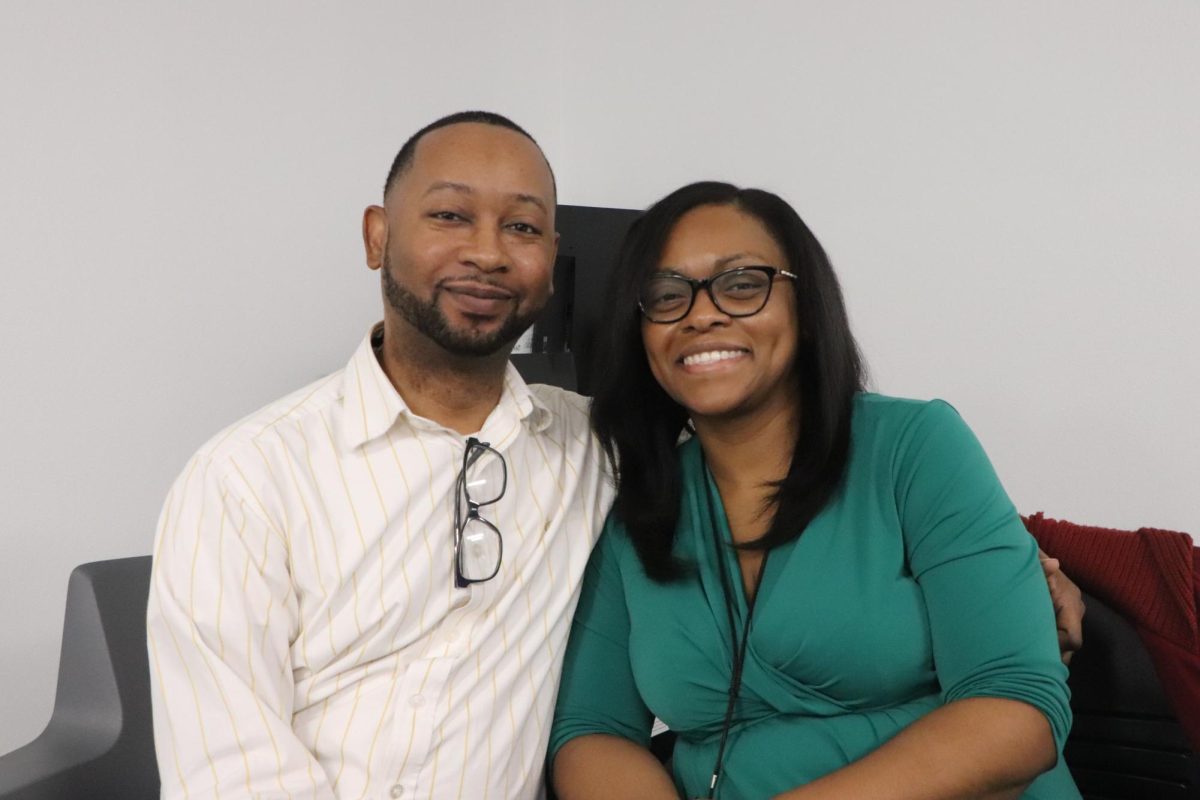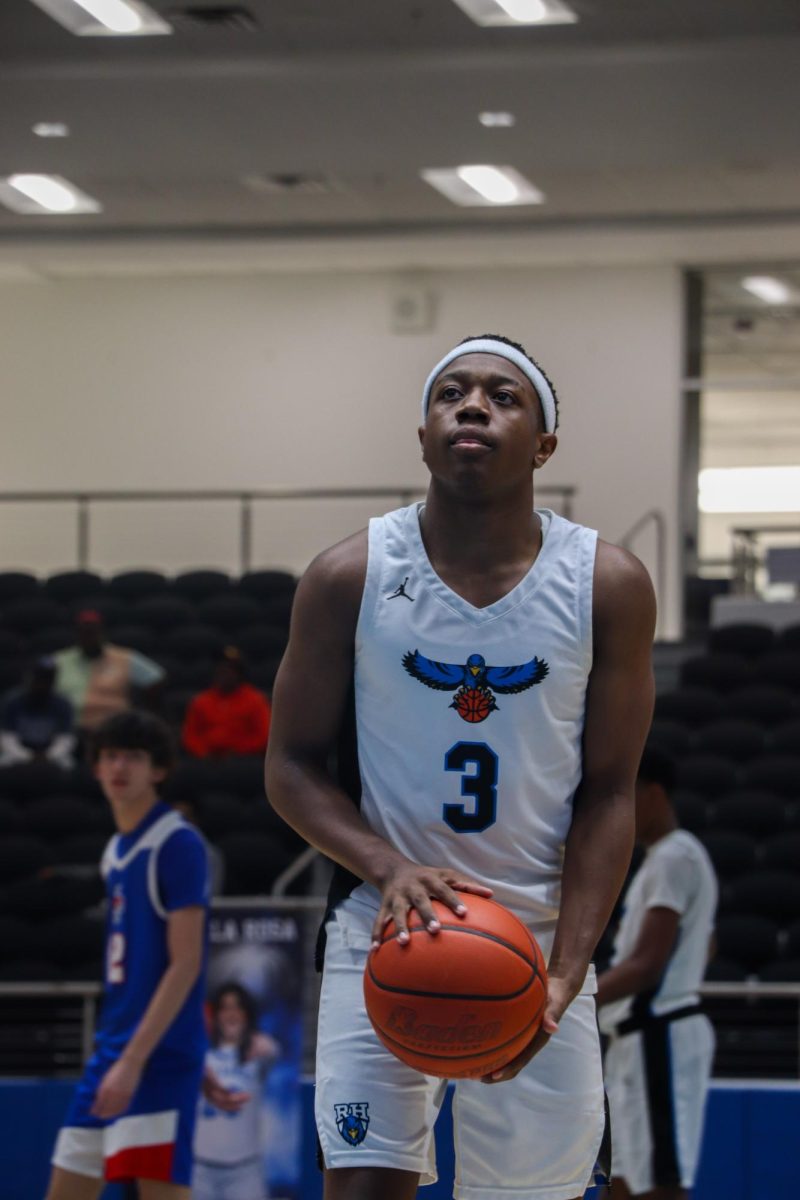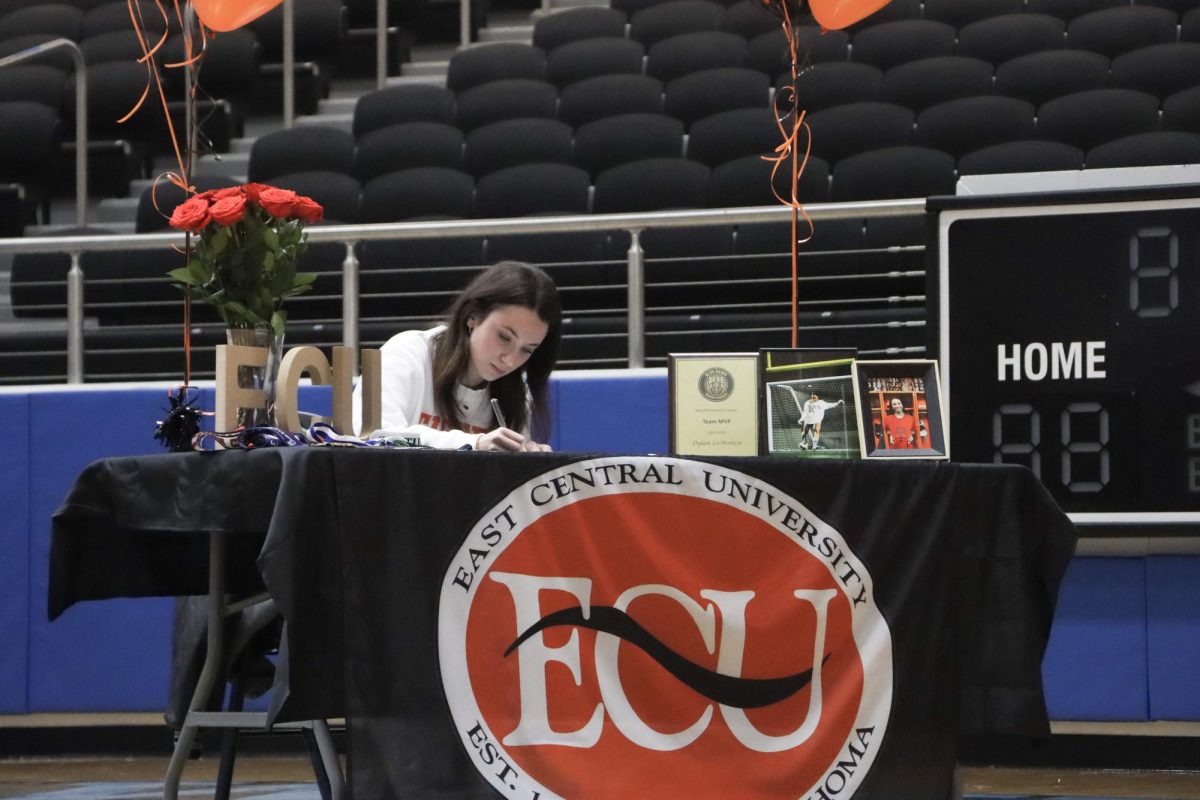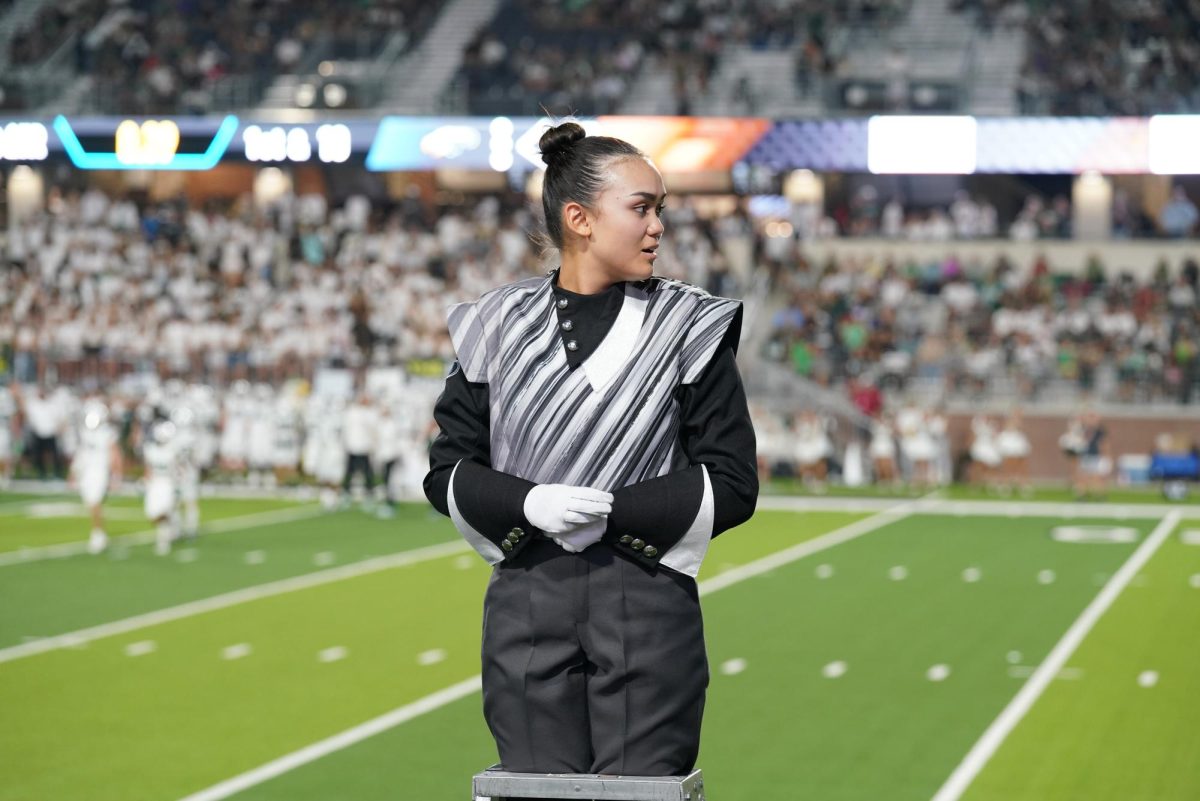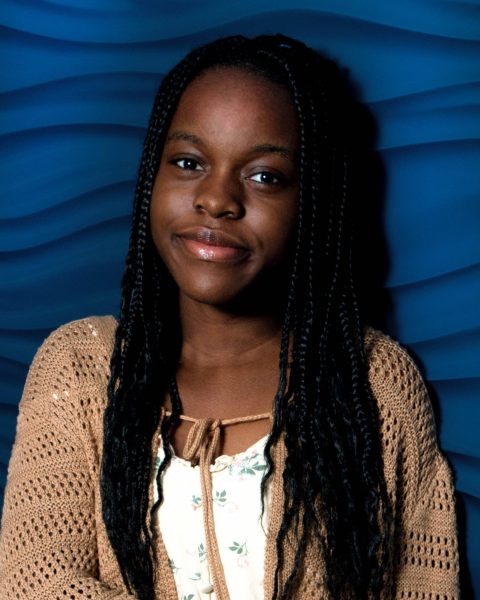In the world of celebrity culture, public feuds and controversies often capture the attention of fans and the media. Recently, both the book “It Ends With Us” and its film adaptation of the same name have faced backlash for their promotions, the author’s problematic nature, and most recently, Blake Lively and Justin Baldoni’s ongoing feud.
Colleen Hoover’s “It Ends With Us” explores themes of domestic violence and personal resilience. Though classified as a romance novel, the book significantly depicts the complexities of breaking the cycle of abuse while pursuing one’s own dreams. Hoover herself, a bestselling author,, has shared that the novel was inspired by her mother’s experiences in an abusive relationship.
The controversy surrounding Blake Lively, Justin Baldoni, and “It Ends With Us” highlights a larger issue of responsibility in Hollywood. When adapting stories that deal with heavy, real-world issues like abuse, the potential for mishandling sensitive material is high. Discussions about the film have brought to light important conversations about representation, the line between art and reality, and the role of celebrities in addressing social issues.
Originally published in 2016, “It Ends With Us” was adapted into a 2024 film directed and starring Justin Baldoni. Baldoni and his co-star, Blake Lively, play Lily Bloom and Ryle Kincaid. After the movie’s release, controversy surrounding Lively’s and Baldoni’s relationship surfaced when, on Dec. 23, 2024, Lively pressed charges against Baldoni for alleged sexual harassment, retaliation and an orchestrated media campaign to harm her reputation.
Blake Lively, known for her role as Serena van der Woodsen in “Gossip Girl”, and Justin Baldoni, an actor and director best known for “Jane the Virgin,” have become prominent figures in the entertainment industry. However, their collaboration on the film has not been without dispute.
The controversy escalated when details about the film’s portrayal of sensitive issues were revealed. Critics questioned whether the adaptation would be able to balance the portrayal of abuse without romanticizing it, given the love triangle at the center of the story. Concerns grew after Lively’s public statements about her preparation for the role, which some fans felt downplayed the gravity of the subject matter.
The film’s marketing decisions also drew backlash. Lively used her haircare brand, Blake Brown, and alcohol company Betty Booze, to promote the film— choices some felt undermined the seriousness of the subject matter. Nevertheless, both Lively and Baldoni addressed the sensitive topic of abuse at the movie’s premiere, hoping to shut down rumors of apathy towards the situation.
Adding fuel to the fire, Baldoni, an advocate for healthy relationships and masculinity, faced his own criticisms. Some fans argued his involvement in the project was problematic given his past involvement in portraying toxic masculinity in other projects, such as “Jane the Virgin”. While Baldoni has worked hard to promote conversations around emotional vulnerability and male mental health, critics such as the New York Times and The Guardian feared his directorial choices might fail to handle the nuanced portrayal of abusive relationships.
The current feud would likely have a big impact on Rock Hill students, given that young adults and teens are often influenced by celebrity drama and popular media. Students might take sides, gossip, or discuss the issues surrounding the dispute in class. The debate over the book’s heavy themes could spark conversations about relationships, personal boundaries, and what is acceptable behavior in both fiction and reality.
Regardless of whether the film adaptation successfully captures the emotional depth of the book or not, it is undeniable that Colleen Hoover’s It Ends With Us continues to resonate with audiences. The ongoing debates surrounding the film’s adaptation reflect just how important and timely the story remains in today’s culture.


